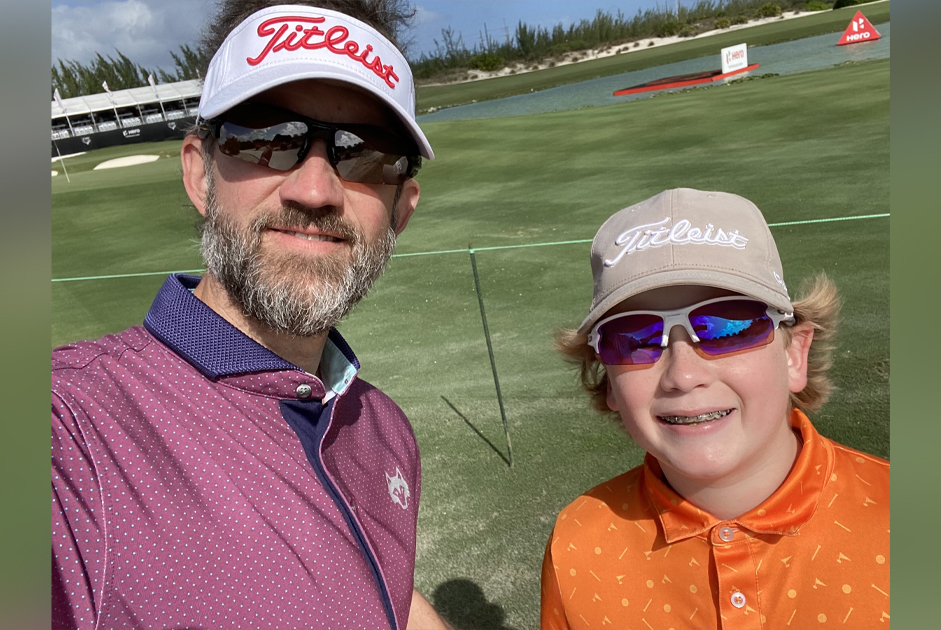BY Kori Mackall, Director of Communications, The Piedmont School & John Yowell Academy
Not much is quite as exhausting as the battle to get a child (or children) of almost any age up, dressed, fed, teeth and hair brushed and out the door in time for school each day. Most parents would agree this is potentially one of the most stressful parts of their day, no matter if they have toddlers or teenagers. However, nothing is quite as heartbreaking or defeating as battling a child who sabotages getting ready in the morning because he or she hates school or brings down the end-of-day conversations with tears and expressions of this hatred. It can be hard for parents to endure what feels like a never-ending dialogue of despising school/teachers/classes/homework/peer drama/etc. While loathing school is at times a rite of passage in adolescence, it should not be an ongoing, day-in-and day-out saga. So, what is there possibly to do when you are ready to pull your hair out and cry (or scream) into your morning cup of coffee? Start by truly listening, hearing them out, and reading between the lines. Some ways to do that include:
- Look For Patterns:
Be sure to work some strategic questions into your daily routine. Ask simple, open-ended questions that don’t appear to pry too much, such as: “What was the best part of your day today?”; “What was the worst part of your day?”; “Who did you sit with at lunch today?” Over a little time, look for patterns in your child’s answers. Take note if their worst parts of the day tend to fall around certain times of day, subjects/teachers, peers, etc. If you are noticing repeating academic mentions (Ex.: “I failed my math test”; “I am never going to pass English”; “Mrs. So-and-So just doesn’t like me),- it is time to schedule a parent-teacher conference. If these same academic concerns have been going on for more than a few weeks/months and you have met with the teacher, it may be time to consider the next step of seeking additional assistance, which will be discussed below. If your child responds that everything is bad (cue your typical preteen/teenage response) and they give you very few details, try responding with “Tell me one good thing that happened in your day, no matter how small.” Taking this approach can help your child try to focus on the positive parts of their day, no matter how small or insignificant.
- Don’t Dismiss “Friendship Drama”:
No matter the age, as children develop, they discover new interests and learn to navigate the social climate of their schools. Changes in friendships are common. While they are not terribly unusual, if your child seems to be hating school more than usual, but typically tells you they enjoy certain subjects or teachers, try to focus in on friendships. Try to understand that the social world of adolescence is not what it once was; it is not even what it was a decade ago. With social media and personal electronic devices, a child’s social world follows them far beyond the school walls and often feels impossible to escape. If you notice your child not wanting to be around friends they have had for a while, try to dig a little into why. If your child won’t talk to you about it, you may want to consider examining their social media/texting/electronic device friendships and activity. It may come as a surprise to some parents, but online friendships and interactions are even a concern in the elementary years when students interact through games such as Minecraft or Roblox. The best thing to do when changes in friendship are the cause of hating school, is to help coach your child through understanding that these changes, or walking away from a friendship, are sometimes okay. If their online activities seem to be the root of social concerns, help limit and monitor their interactions (or cut them when necessary). Consider it an opportunity for your child to learn that these kinds of changes are a part of life, as they start to forge their own path, and help them navigate the best and most appropriate ways to get through.
- Your Best Offense: Teachers and Counselors
Sometimes the best defense is to consult with your child’s teachers and/or school counselor. If you have concerns about your child hating school, share them with teachers and the school counselor. Often, just sharing this tidbit of information can help teachers and school counselors put your child on their radar. Of course, every educator tries to give every student the individualized attention they need, but knowing your child is hating school can help them try to zero in on why. Use them as your offensive line, so that hopefully you’ll have to run very little defense.
- Consider Professional Assistance
If all else seems to fail, consider seeking advice and assistance from your pediatrician, a psychologist, or other medical professional. There may be underlying concerns that you may not be able to address without assistance, such as depression, anxiety, underlying/undiagnosed learning disabilities, etc. These medical professionals can often help burrow down to the root of your child’s disdain for school and help provide guidance in working toward getting a plan in place for your family to move toward a more positive schooling experience.



















